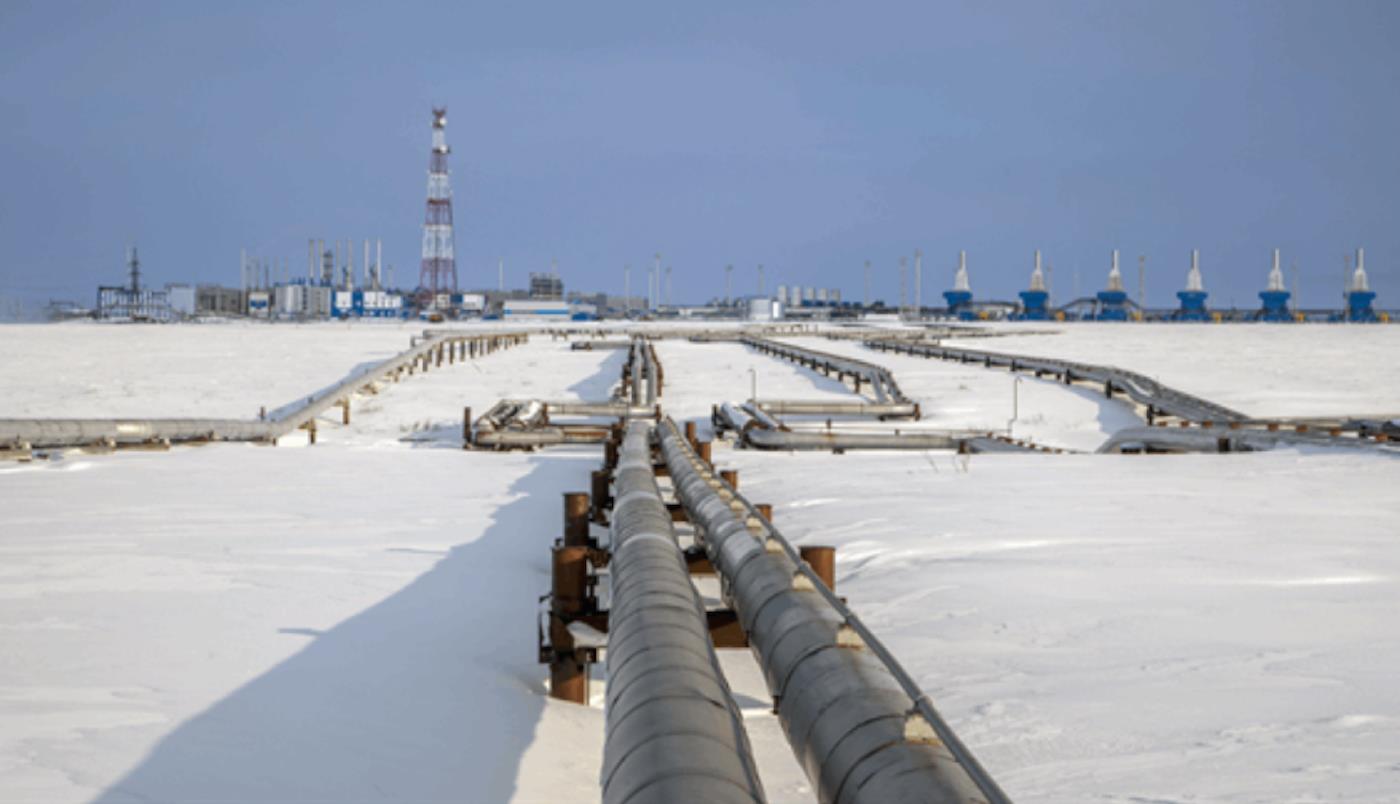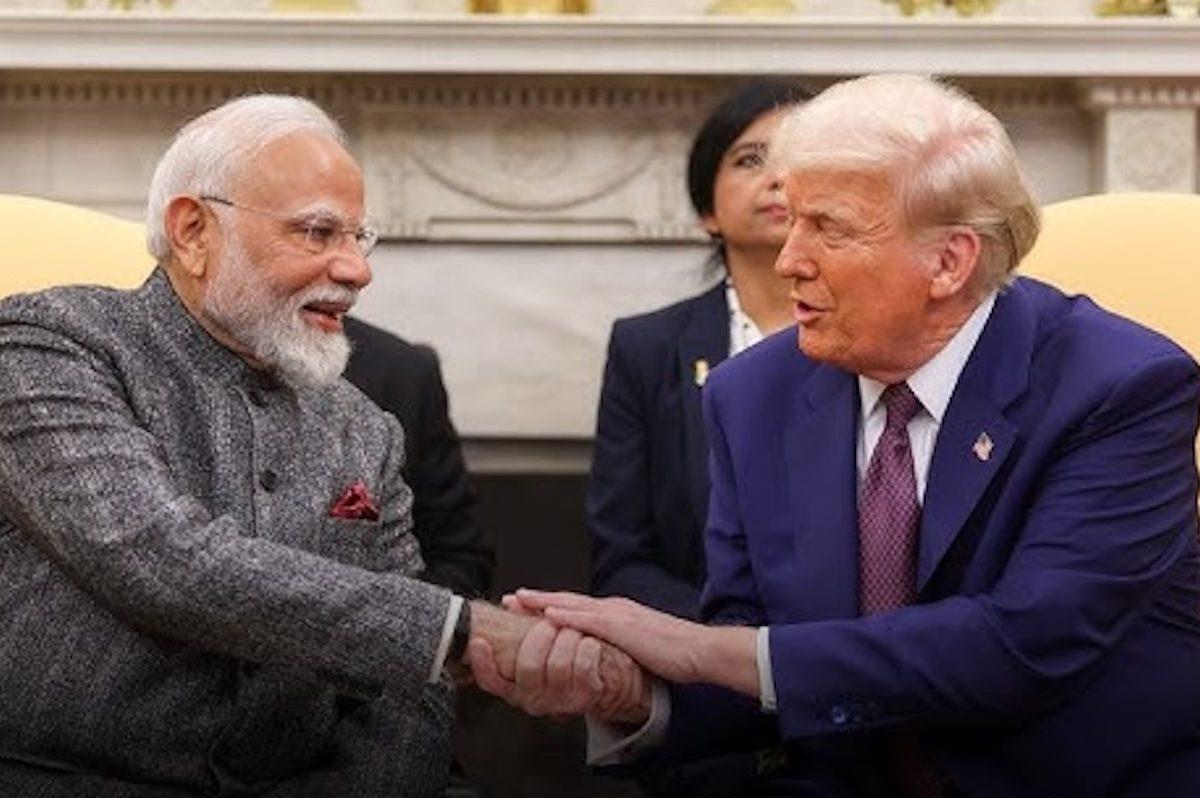China-Russia Gas Pact Heightens Western Sanctions Risks
On September 2, China, Russia and Mongolia signed a legally binding memorandum of understanding (MOU) to build the Power of Siberia 2 natural gas pipeline. The development signifies China's acceptance of Russia's proposal to route the pipeline through Mongolia, along with Russia's agreement to offer China a discount on its natural gas.
Chinese commentators had in recent years complained that having the pipeline go through Mongolia would threaten China's energy security as the landlocked country might lean to the West and shut down the pipeline at a critical moment. Now they praise this deal as a“win-win” for Beijing and Moscow.
“The biggest obstacles in the Power of Siberia 2 negotiations were the route selection and price agreement,” said Li Lifan, Director of the Shanghai Cooperation Organization Research Centre at the Shanghai Academy of Social Sciences.“China and Russia eventually compromised, with China accepting the Mongolian route and Russia offering concessions on gas prices and transit fees.”
Li said the deal has strategic significance as it will raise total annual Russia-China gas trade to 106 billion cubic meters, about one-fifth of China's current gas demand.
He highlighted three major benefits arising from this deal:
-
Broader energy cooperation: The Shanghai Cooperation Organization's energy roadmap will expand beyond pipeline gas to include diversified energy sources, with future collaboration on liquefied natural gas also envisaged as a key component of China-Russia energy ties.
Economic gains for Mongolia: The pipeline will give Mongolia a vital opportunity to diversify its economy, bringing in lucrative transit fees, creating jobs, reducing air pollution and raising its geopolitical profile.
Geostrategic realignment: The pipeline is set to reshape the Eurasian energy map. Once it begins operation around 2031–2032, Russia will become China's most crucial and reliable energy supplier.
He cautioned that the project still faces risks, citing possible Western influence and Mongolia's“Third Neighbor” policy for building relationships with countries other than China and Russia. He added that cooperation among China, Russia and Mongolia could enhance regional stability and economic growth.
Why the deal happenedThe signing of the MOU was first disclosed by Gazprom and Russian state media, which said Moscow had agreed to supply China with 50 billion cubic meters of gas annually via the new Power of Siberia 2 for 30 years. Gazprom Chief Executive Alexei Miller told the news media that separate commercial arrangements were also reached to expand deliveries on existing routes.

Legal Disclaimer:
MENAFN provides the
information “as is” without warranty of any kind. We do not accept
any responsibility or liability for the accuracy, content, images,
videos, licenses, completeness, legality, or reliability of the information
contained in this article. If you have any complaints or copyright
issues related to this article, kindly contact the provider above.
Most popular stories
Market Research

- What Does The Europe Cryptocurrency Market Report Reveal For 2025?
- United States Kosher Food Market Long-Term Growth & Forecast Outlook 20252033
- Utila Triples Valuation In Six Months As Stablecoin Infrastructure Demand Triggers $22M Extension Round
- Meme Coin Little Pepe Raises Above $24M In Presale With Over 39,000 Holders
- FBS Analysis Highlights How Political Shifts Are Redefining The Next Altcoin Rally
- 1Inch Becomes First Swap Provider Relaunched On OKX Wallet

























Comments
No comment